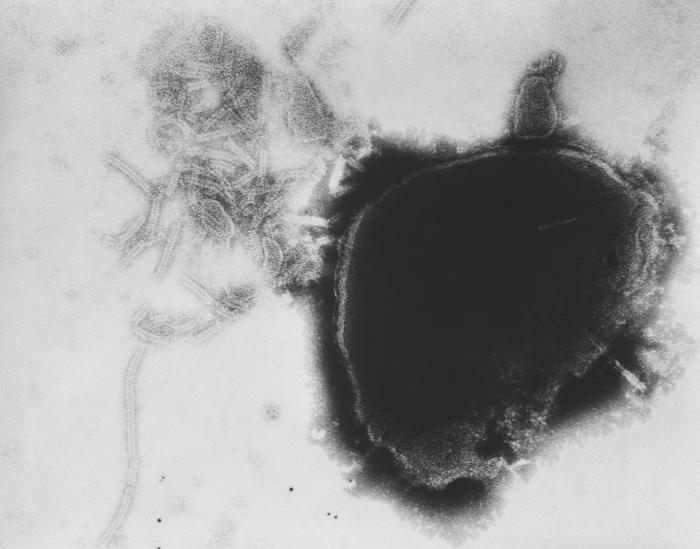Health officials at Harvard University reported on two confirmed cases of the contagious viral disease, mumps, in students at the Divinity School, according to a report in the school’s daily newspaper.

The two students affected are an undergraduate student and a graduate student of the school, according to director of Harvard University Health Services, Paul J. Barreira.
The cases have prompted student health to advise the campus to take precautions against mumps like avoiding sharing food and more vigorous handwashing.
In addition, accommodations are being arranged for students that contract the disease– “Under the direction of the Public Health Department, those who have been diagnosed with mumps or presumptive mumps (while they are awaiting test results) will be advised to self-isolate for five days after the onset of parotid swelling,” Barreira wrote. “Accommodations are being made for those individuals to minimize exposure to others.”
Mumps is spread by droplets of saliva or mucus from the mouth, nose, or throat of an infected person, usually when the person coughs, sneezes or talks. Items used by an infected person, such as cups or soft drink cans, can also be contaminated with the virus, which may spread to others if those items are shared.
Symptoms typically appear 16-18 days after infection, but this period can range from 12-25 days after infection. It is usually a mild disease, but can occasionally cause serious complications.
The most common complication is inflammation of the testicles (orchitis) in males who have reached puberty; rarely does this lead to fertility problems.
Other rare complications include inflammation of the brain and/or tissue covering the brain and spinal cord(encephalitis/meningitis), inflammation of the ovaries (oophoritis) and/or breasts (mastitis) in females who have reached puberty and deafness.
The best way to prevent mumps is to be vaccinated with at least two doses of the MMR vaccine. Those born before 1957 are considered to be immune to mumps due to the high rate of infection before that time. Some people who have been vaccinated may still contract mumps, because two doses of vaccine are considered around 80 percent effective.
Related:


One thought on “Harvard confirms two mumps cases at the Divinity School”